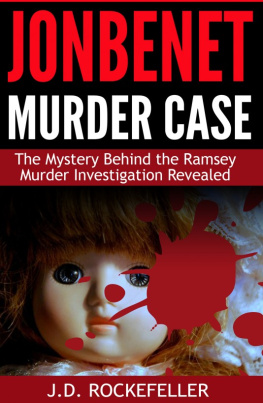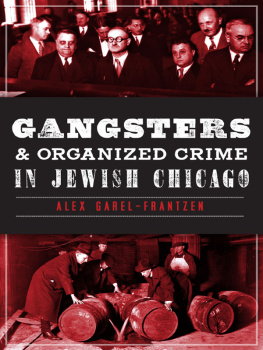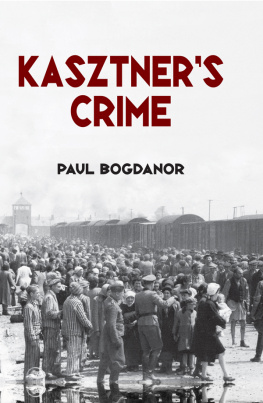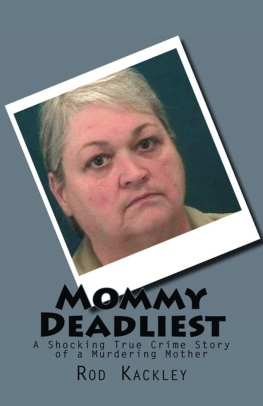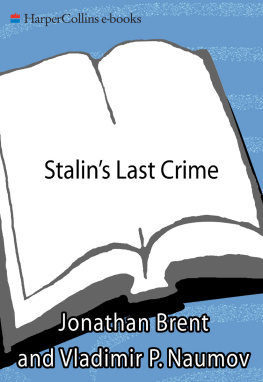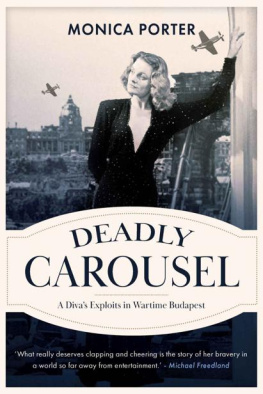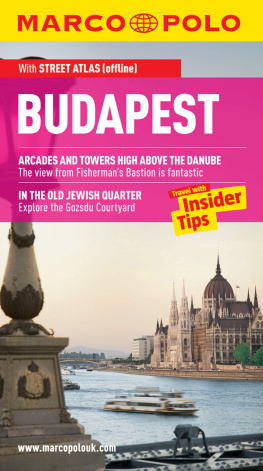
Budapest Noir
Vilmos Kondor
Translated from the Hungarian by Paul Olchvry

One
Ever since the Balaton Coffeehouse reopened after a lengthy renovation, theyd started adding sugar to the coffee as a matter of courseunless you asked them not to. Zsigmond Gordon invariably forgot to ask. One such evening, he gulped down his cup of surprisingly sweet black coffee and waved a hand in resignation. Folding his copy of the Budapest Journal, he stood to pay the waiter and turned up his collar before stepping out onto Rkczi Street. He glanced toward Blaha Lujza Square and noticed the neon lights of the newspaper building in the distance. He pulled a cigarette from his pocket and lit it.
A few yards away, a newsboy was frantically hawking his wares. Passersby in the evening crowd tore papers from his hand, and his apron sank farther and farther down his waist, weighted from their change.
Gordon started off toward the Erzsbet Bridge. Along the way he cast only superficial glances at the store displays and paid little attention to the automobiles jostling out on the road. Dubious characters took their turns sidling up to him, trying to palm off a pair of silk stockings or some broads no doubt unforgettable services. Without stopping, Gordon chucked aside his cigarette butt and checked his watch. If he hurried, he might reach Franz Joseph Square on time. He could always catch a bus, but he enjoyed the hustle and bustle too much to consider public transportation.
At the head of Kroly Boulevard yet another newsboy was shouting at the top of his lungs.
Gmbs has died! The prime minister is dead! His body is being brought back from Germany by train! Gmbs has died! The government has called an emergency meeting! The boys cap had slipped to the side, exposing a beet-red face. Read all about it in the Evening! Gmbs has died! the boy kept shrieking as he waved a paper at Gordon. The latest news, in the Evening! The prime minister is dead! Buy a paper, kind sir!
Gordon only shook his head. I dont need a paper, son. I know the prime minister is dead. I write the news, he thought, if, that is, the news lets itself be written.
After getting to Apponyi Square, Gordon took a sudden right onto City Hall Street, and the relative peace and quiet afforded by this narrower thoroughfare felt good. But he couldnt shake the thought of the Rna case. For days now his mind had been on nothing else; he found it impossible to believe that Erno Rna, a detective who had helped Gordon on his crime beat, was guilty. It was all he could talk aboutor tried to talk aboutwith anyone connected with Rna, but he kept coming up against brick walls.
Gordon cut through deserted, rain-drenched Erzsbet Square, and as he turned out onto Tisza Istvn Street, the icy wind coming off the Danube nearly tore his hat off. He shuddered in the unusually cold October air.
The officer standing in front of police headquarters tipped his hat to Gordon, whod already gotten used to entering the building through this new entrance4 Zrnyi Streetnormally reserved for detectives. All the on-duty officers knew him, practically letting him come and go as he pleased. This particular evening the on-duty officer was a young guy who, for reasons beyond Gordons comprehension, always greeted him with overflowing respect: Good evening, Mr. Editor!
Gordon nodded and was already heading for the stairs when the officer called after him, If youre looking for Inspector Gellrt, he asked me to tell you hes not in just now. Hes been called to an urgent meeting.
No problem, son, said Gordon, placing his hand on the railing, Ill wait for him in his office.
But the boy wouldnt let him go just yet: Prime Minister Gmbs died today, and the . . . Here he caught himself. But of course you know this, sir.
I know, replied Gordon, hurrying up the stairs to the second floor. In the hallway he turned right, heading toward the last door on the left. He knocked, but there was no response from Vladimir Gellrt, chief inspector and section head. He let himself into the empty office, lit by a single lamp atop the desk. Gordon pulled the door shut behind him and stepped to the window. Gellrt was particularly blessed: his office was among the few to command a view of the Danube. Gordon lit a cigarette and stared out at the river and beyondat the Chain Bridge, which was aglow; at Castle Hill; and at the ships, some passing by, some anchored, as well as the tugboats trudging along. He crushed the cigarette into a marble ashtray and sat down in one of the chairs opposite the inspectors desk.
Gordon took out his notebook to review precisely what he planned to find out from Gellrt. Hed spoken to the detective by telephone on Monday to arrange this meeting about Rna. There wasnt much Gordon could do, since the first hearing in Rnas case had been that morning. And yet he felt it his duty to keep digging for the truth.
The city had lately seen an explosion of currency smugglers, who, exploiting the monetary crisis, were vying to get their hands on serious profitsoften with serious success. Istvn Szrtseys gang had an easy method indeed: his men, posing as detectives, simply confiscated money from other currency smugglers. One fine day a stock exchange agent named Arnold Bondi paid Rna a visit at his office to complain that hed been cheated out of five thousand pengs. The detective, who specialized in common swindlers and cardsharpers, took out a photograph of Gyula Grsz, a man he and his colleagues had been watching for a while, precisely on account of the fake-detective scam. But Bondi didnt recognize the face. Rna advised him to file a formal complaint. Bondi did so, then regularly pestered the detective for the status of his case. When, on one such occasion, Rna informed Bondi that they were still working on it, Bondi left fuming. A couple of days later, Bondi filed a complaint through his lawyer alleging that the detective had accepted one hundred fifty pengs from him in exchange for pressing the fake detectives to return Bondis five thousand. An investigation was ordered, and the first hearing was that morning.
Was Rna such an idiot? Would he have put his careerhis pensionat risk for a measly one hundred fifty pengs? The case was murky. Although Vladimir Gellrt was one of the section heads at Unit V, which oversaw homicide, while Rna worked at Unit IV, tasked with confidence crimes such as theft and fraud, they knew each other well and could always count on each other even if they werent necessarily friends. And so Gordon felt sure Gellrt would help him out. If nothing else, he would point him in the right direction. And if he didnt, why, that, too, would mean something, and perhaps even more so.
Gordon rose from the armchair. The wall clock read 9 P.M. The desk was in pristine order, as always. Gordon knew file folders containing active cases were in a pile on the left; the detectives thoroughly marked-up calendar was in the middle; and on the right was his typewriter, pushed to the side. In front of the calendar was an Art Nouveau bronze inkwell, and in front of that was the barrel of a pen and a little box full of nibs. Gellrt often remarked that he finally just about got the hang of the typewriter, but he simply couldnt befriend the fountain pen.
For his part, Gordon had no problem with it, even if he did regard the quill as a backward and antiquated tool. He pulled his notebook from his pocket and placed it on the corner of the desk, bending to jot down a couple of questions, but paused. He figured hed might as well sit down at the desk to write, as hed done more than once while waiting for Gellrt. He stepped around the desk and tried to pull out Gellrts chair, but it wouldnt budge. Gordon looked to the right and saw that the chair was stuck against an open drawer. This was a first. Over the past five years, Gordon had cultivated a truly exceptional relationship with Gellrt, but not once had the immaculate detective left his desk drawer open. Indeed, he always took care to lock it shut, hiding the key in his vest pocket. Having freed the chair, Gordon took a seat and examined the open drawer. A file folder lay at the bottoma standard official file folder, with an empty space where the title would have been written on the front. The corner of a photograph stuck out from the bottom.
Next page

